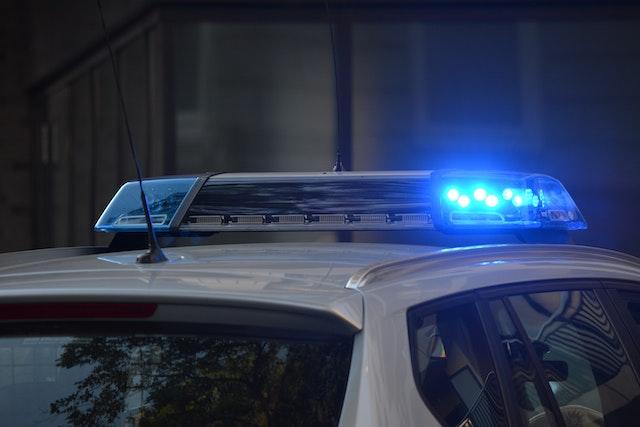- Free Consultation: (843) 391-9902 Tap Here to Call Us
Why Should I File a Police Report After an Accident?

Among the multiple kinds of property-and-person damaging incidents that can occur, car accidents are some of the most common in the United States. With population-dense metropolitan areas and a nationwide network of suburbs located further from the city to require automobile travel, the country is practically built for car accidents. Given the prevalence of car accidents, you may be wondering when you have to report a car accident to the police, if there are times when you don’t need to, and what are the relevant considerations. Keep reading to learn more about police reports and car accidents. Please get in touch right away with a Darlington County car accident lawyer to receive personalized advice regarding what to do after you’ve been in a car accident.
Do I Have to File a Police Report After a Car Accident?
South Carolina law requires residents to file a police report if they were involved in a car auto accident that caused either:
- $1,000 in property damage,
- Someone’s injuries, and/or
- Someone’s death.
If you avoid reporting your car accident when you are required to do so, you may end up with your license suspended and facing criminal hit-and-run charges. Though there are minimum requirements for filing a police report after an accident, it’s always best to ensure law enforcement comes to the scene and documents the facts of your accident.
There are two ways you can report the accident to South Carolina authorities. You may call the police right after your accident, which also has the benefit of bringing immediate help to the scene.
You may also report the accident to South Carolina’s Department of Motor Vehicles (SCDMV). This would require a form called the Form-309 Traffic Collision Report Form and for this form to be handed in within 15 days of the crash. So far, there’s no way to report a car accident online.
Comparative Negligence in South Carolina Car Accidents
Unlike other states, South Carolina uses the doctrine of comparative negligence to determine fault. Often this principle is used in conjunction with premises liability law. In premises liability, comparative negligence means that your recovery from an injury will be reduced by whatever percentage the court finds you at fault.
When two drivers are involved in a car accident, a court may decide that both drivers contributed to the sequence of events that caused the crash. The amount of damages the plaintiff receives will be reduced by whatever percentage of fault is on the plaintiff themselves.
South Carolina also has what is known as the modified 51% rule: you will only be able to pursue a lawsuit if you are 50% or less guilty. Should the court decide your liability is more than 50%, you won’t be able to get compensation at all.
Having a valid police report filed can play a significant role in establishing liability for an auto accident. This, in turn, can help ensure you receive the full and fair compensation to which you are entitled, which is why you should always call the police after being involved in an auto accident.



